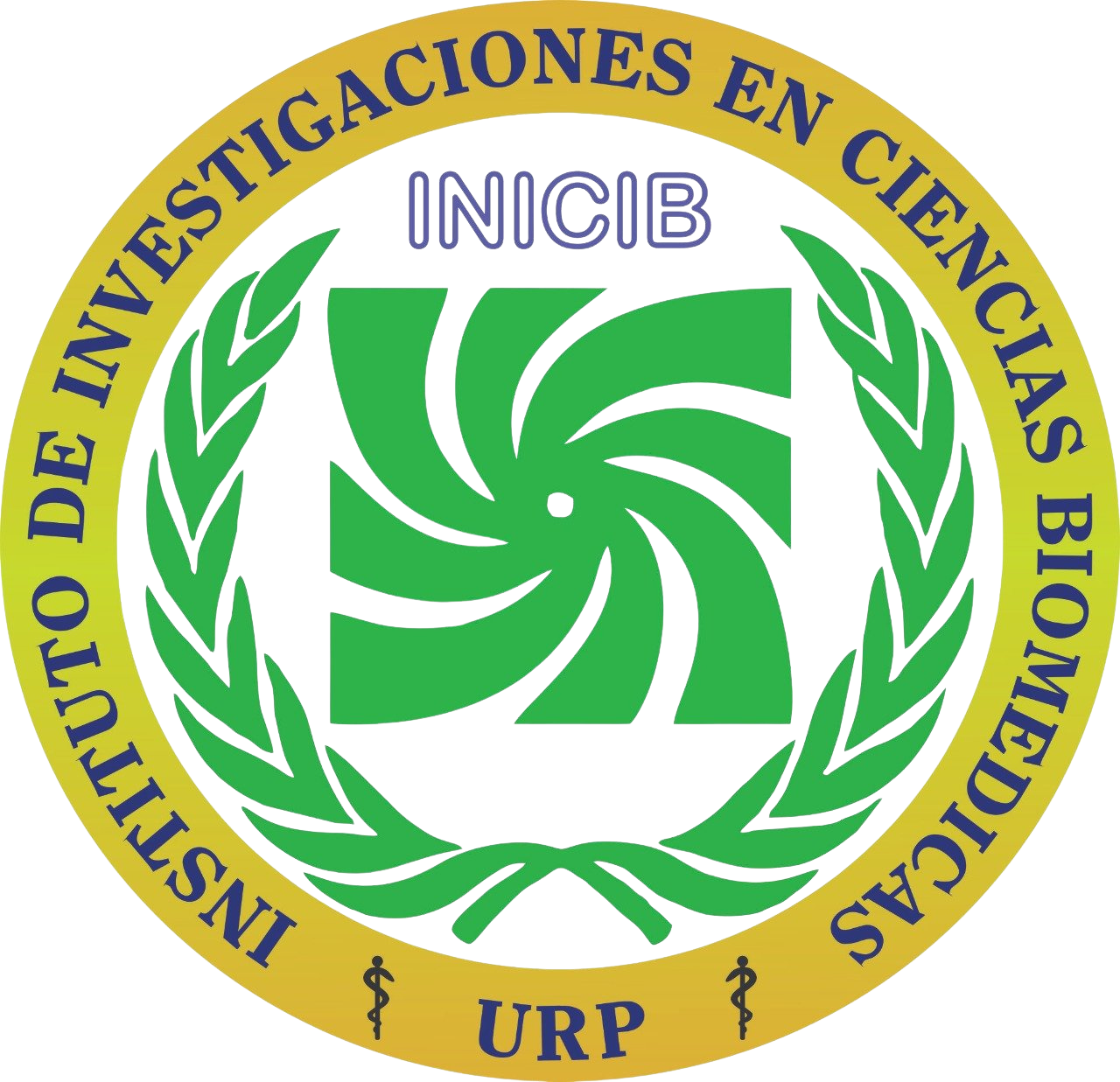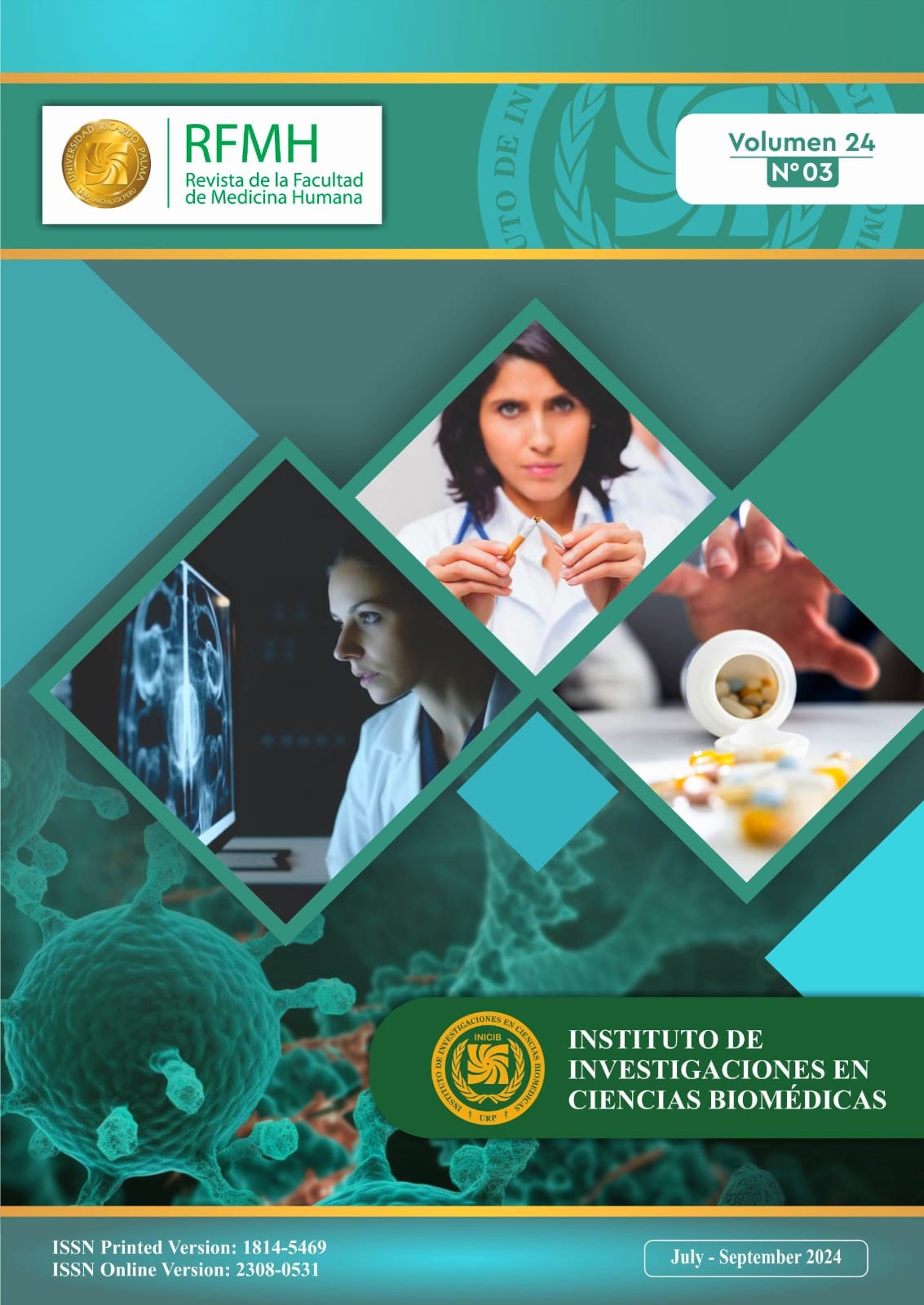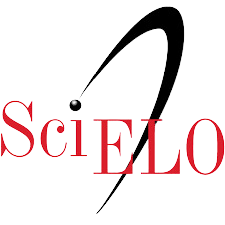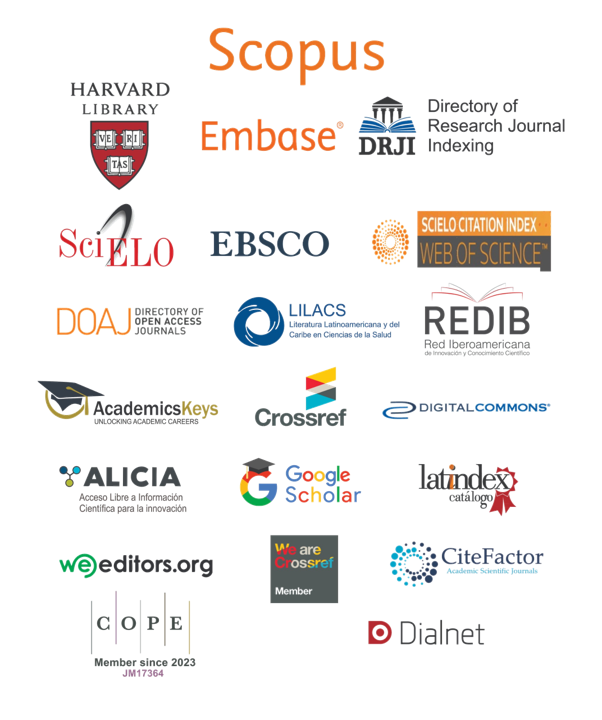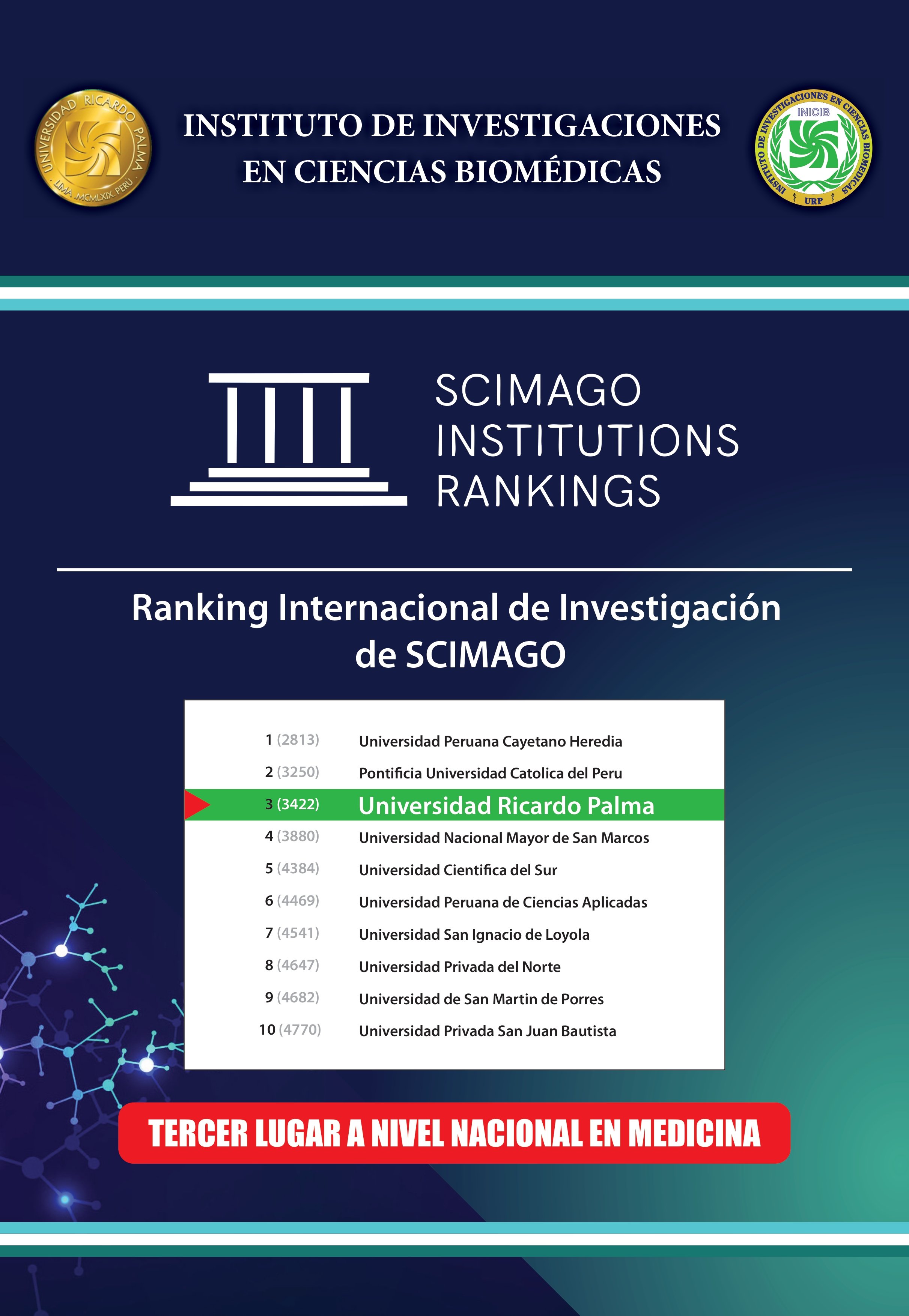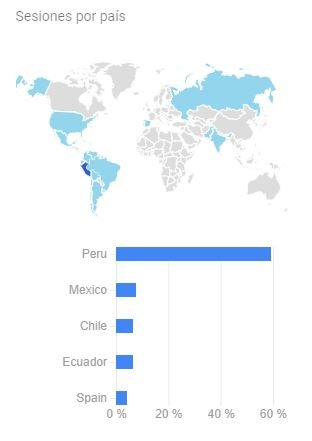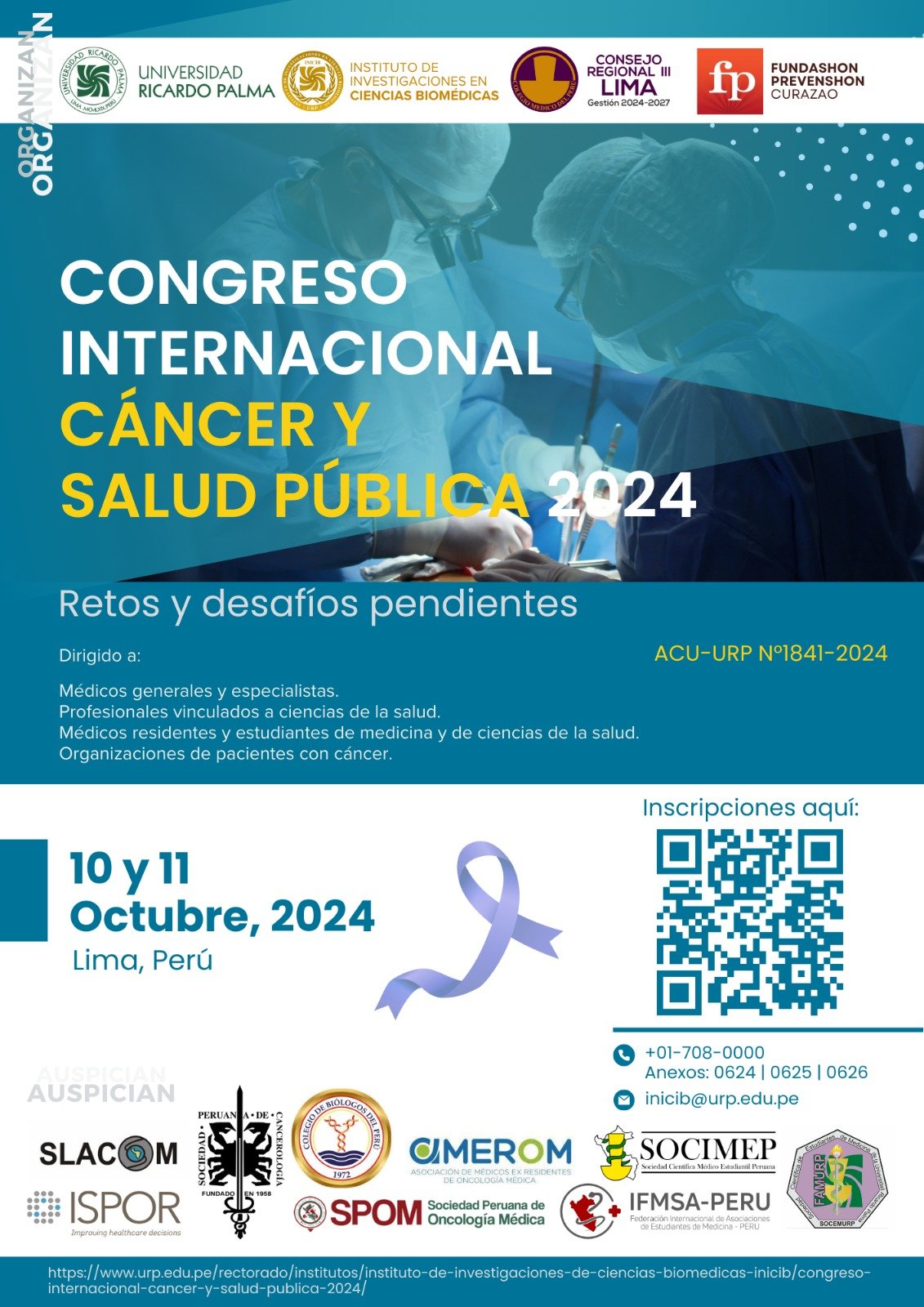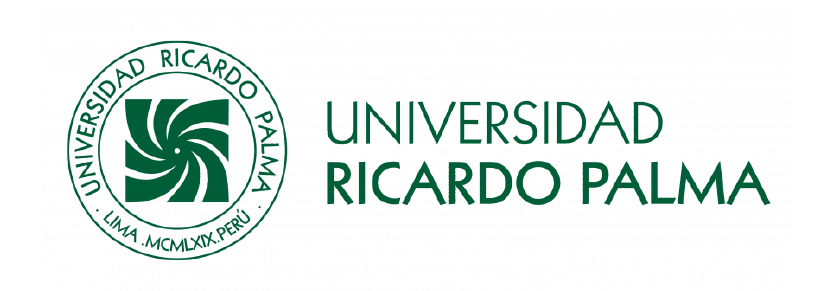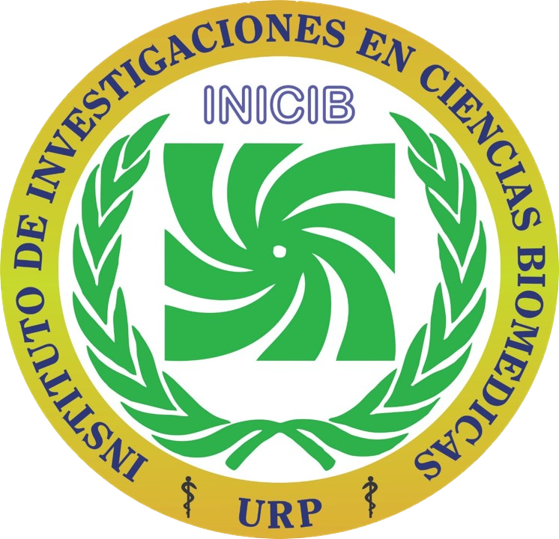Nongenetic causes of hypertyrosinemia that must be considered when interpreting a finding of elevated urinary tyrosine
Causas no genéticas de hipertirosinemia que deben considerarse al interpretar un hallazgo de tirosina elevada en orina
DOI:
https://doi.org/10.25176/RFMH.v23i1.3620Keywords:
Tyrosine, Enzymes, NewbornAbstract
Mr. Editor.
In several countries, newborns are screened for tyrosinemia type 1 using tyrosine as a primary marker. In some situations, elevated blood tyrosine levels are discovered due to elevated tyrosine on a urine metabolic screen. In Peru, some pediatric patients suspected of having a genetic condition (inborn error of metabolism) undergo a metabolic screening in urine that includes - among other things - the qualitative detection of tyrosine. However, when there are high levels of tyrosine in the urine this does not always mean that the patient has a genetic condition. Hypertyrosinemia is most often non-genetic in origin. Therefore, it is important to review the non-genetic causes of hypertyrosinemia and thus avoid potential misinterpretations of this finding.
Downloads
References
La Marca G, Malvagia S, Pasquini E, Cavicchi C, Morrone A, Ciani F, et al. Newborn Screening for Tyrosinemia Type I: Further Evidence that Succinylacetone Determination on Blood Spot Is Essential. JIMD Rep. 2011;1:107–9. https://doi.org/10.1007/8904_2011_24
Grompe M. The pathophysiology and treatment of hereditary tyrosinemia type 1. Semin Liver Dis. 2001;21(4):563–71. https://doi.org/10.1055/s-2001-19035
Sniderman King L, Trahms C, Scott C. Tyrosinemia Type I [Internet]. 2006 Jul 24 [Updated 2017 May 25]. In: Adam MP, Ardinger HH, Pagon RA, et al., editors. GeneReviews® [Internet]. Seattle (WA): University of Washington, Seattle; 1993-2021. Available from: https://www.ncbi.nlm.nih.gov/books/NBK1515/
Russo PA, Mitchell GA, Tanguay RM. Tyrosinemia: A review. Pediatr Dev Pathol. 2001;4(3):212–21. https://doi.org/10.1007/s100240010146
Techakittiroj C, Cunningham A, Hooper PF, Andersson HC, Thoene J. High protein diet mimics hypertyrosinemia in newborn infants. J Pediatr. 2005;146(2):281–2. https://doi.org/10.1016/j.jpeds.2004.10.013
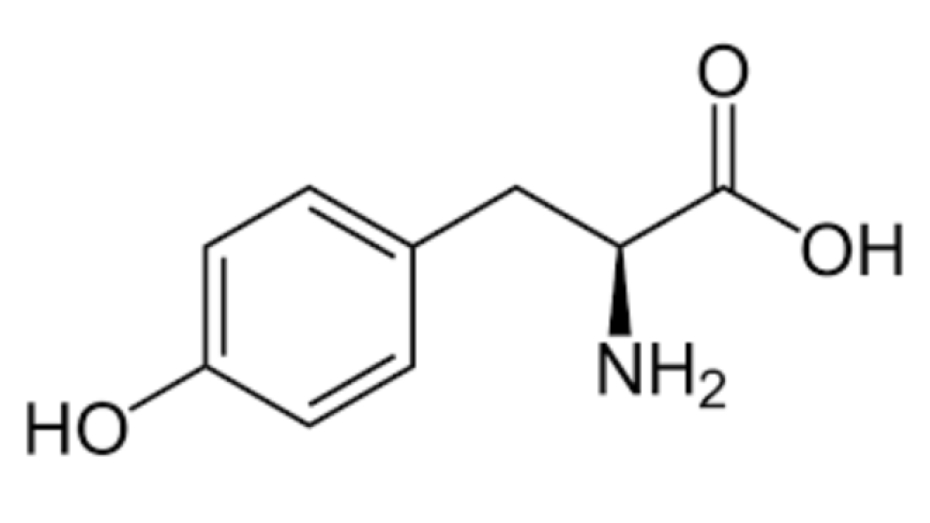
Downloads
Published
How to Cite
Issue
Section
License
Copyright (c) 1970 Revista de la Facultad de Medicina Humana

This work is licensed under a Creative Commons Attribution 4.0 International License.


